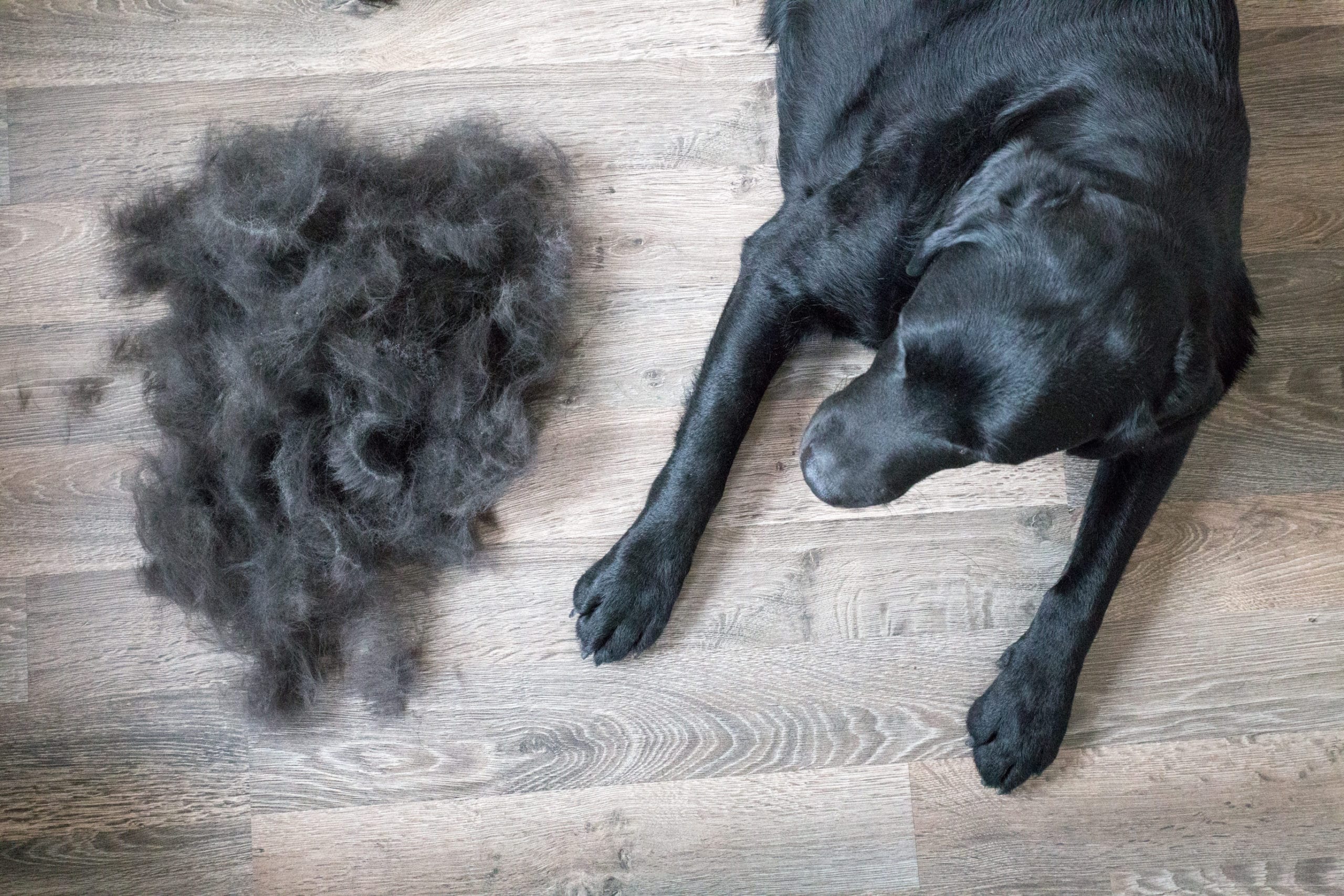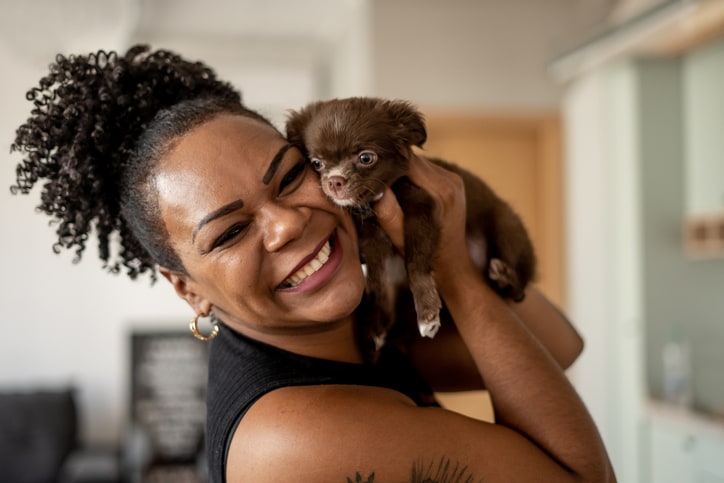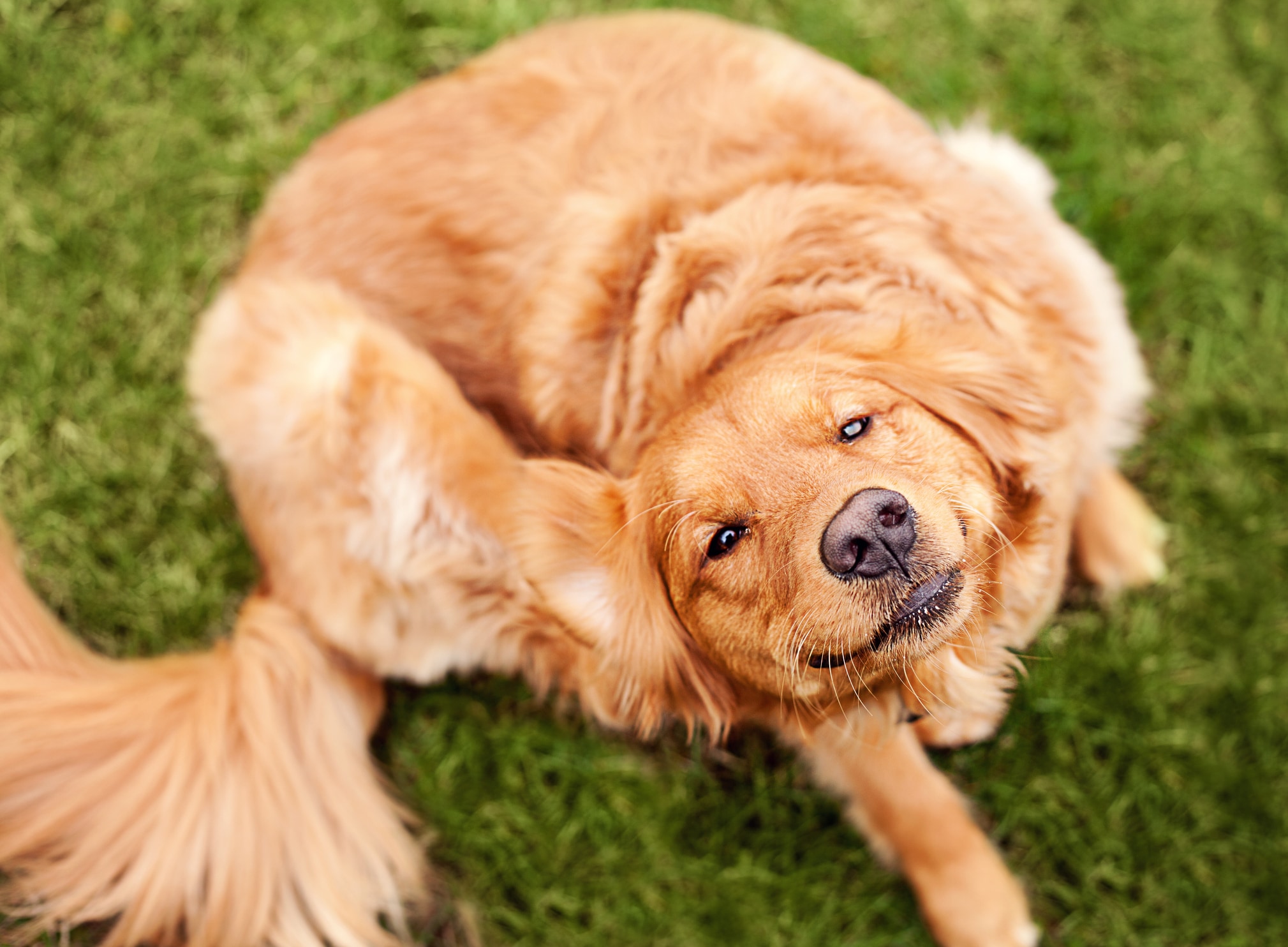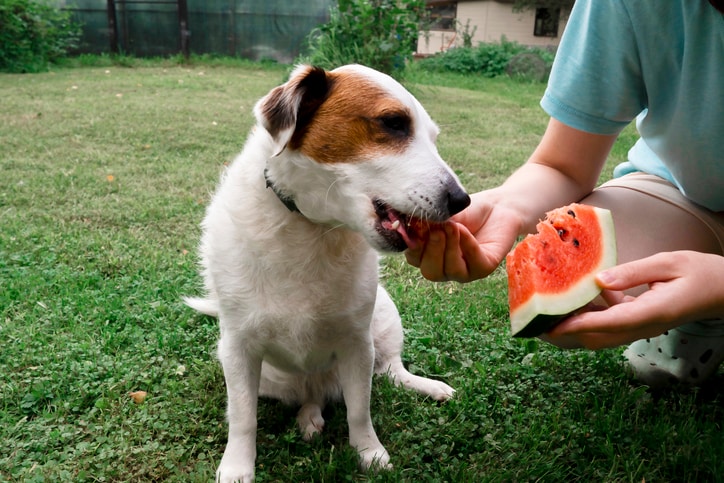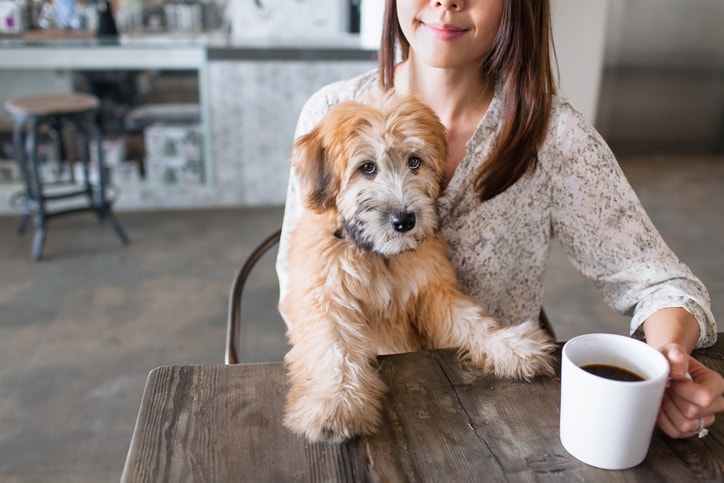You’ve just brought home your new puppy and everything they do is adorable — well, almost everything. One day, you catch them in the act as you watch them poop outside or on their potty pad, only for them to turn around and do the unimaginable. Or, your puppy gives you a big, wet kiss and instead of sweet puppy breath, you’re struck by that unmistakable stench.
“Autocoprophagia is the term for when dogs eat their own poop. It is relatively common for dogs to engage in coprophagia, the consumption of feces. While it may seem unpleasant to us, it can be a normal behavior in dogs,” reassures Dr. Nita Vasudevan, a veterinarian and veterinary consultant for Embrace Pet Insurance.
Although this habit might be stomach-turning, it’s usually not a cause for major concern. Read on to learn common reasons why dogs eat their own poop, when you should consult a veterinarian and how to address this behavior.
Why do dogs eat their own poop?
Most often, dogs eat their own poop because it’s a normal learned puppyhood behavior, explains Dr. Haley Georges, medical director of Veterinary Emergency Group (VEG) Arboretum in Austin, Texas. Just like human babies, newborn puppies are unable to control their bladder and bowels or move to an appropriate area to relieve themselves. In lieu of using diapers, the mother dog keeps their bedding clean by consuming their urine and feces.
“It’s estimated that up to 16% of dogs engage in frequent coprophagia.”
—Dr. Joanne Fernandez-Lopez, director of veterinary affairs at ABCs Puppy Zs
As a result, newly weaned puppies tend to copy this behavior from their mother. Typically, they will grow out of it by the time they’re around 9 months old. “If your dog is an adult and coprophagia is a new behavior, this can be concerning for underlying disease or nutritional deficiency,” Georges adds.
When might dogs eating poop point to a health issue?
“It’s estimated that up to 16% of dogs engage in frequent coprophagia,” Dr. Joanne Fernandez-Lopez, director of veterinary affairs at ABCs Puppy Zs, weighs in. “However, just because it’s relatively common doesn’t mean it should be ignored or accepted as normal.”
Join Care for free
If your dog does not stop eating poop by the time they’re 9 months old, or if they suddenly start doing it in adulthood, you should see your veterinarian for help getting to the bottom of this behavior. Vasudevan notes that while boredom and anxiety can be contributing factors, in some cases it may be indicative of an underlying medical issue. Potential medical causes include:
- Exocrine pancreatic insufficiency (EPI).
- Intestinal malabsorption.
- Parasites.
- Diabetes.
- Cushing’s disease.
- Thyroid issues.
- Nutritional deficiencies, such aslack of B vitamins, Vitamin K, iron and digestive enzymes.
“While it’s not always the case, it’s essential to consider these possibilities, especially if the behavior suddenly appears or persists despite interventions,” Fernandez-Lopez adds.
How to stop dogs from eating their own poop
Though your puppy should eventually grow out of eating their own poop, you can help break the habit with these tips from Fernandez-Lopez.
- Provide mental stimulation to address boredom and anxiety that can trigger unwanted behaviors.
- Clean up your dog’s feces right after they poop.
- Supervise your dog while they’re outside.
- Use taste deterrents, which you can add to dog’s food or apply directly to feces to make it taste less appealing to your pup.
- Teach the “leave it” command, and reward dogs when they successfully ignore feces and other forbidden snacks they find outside.
Adding pineapple to a dog’s diet is a popular home remedy that might deter the behavior, according to PetHelpful. Pineapple contains a potent enzyme called bromelain that breaks down proteins and, as a result, can lead to poop that’s less appetizing to your pup.
While pineapple is not a scientifically proven fix, it’s generally safe to feed in small amounts and may be worth a try.
What to do if your dog eats their own poop
If your dog manages to eat poop despite your efforts, there’s no need to panic. If you catch your dog mid-nosh, calmly and swiftly clean up any remnants. You can wipe their mouth and paws with pet-safe wipes if the situation does not call for giving your dog a bath.
“Encourage your dog to drink water to help rinse their mouth.” says Fernandez-Lopez. “If possible, brush your dog’s teeth or offer dental chews to promote oral hygiene.”
Can dogs get sick from eating their own poop?
Though you should do your best to keep your dog from eating their own poop for hygienic reasons, it’s unlikely to make them sick. They might experience mild digestive upset, which can be remedied at home by feeding your dog a bland diet.
If your dog eats feces from other animals, especially feral cats and wildlife, however, they may be at risk for contracting parasites, bacteria and viruses.
“[Autocoprophagia] is not normally considered a medical emergency, but pet owners should have their dog seen by their primary veterinarian if the pet begins to eat poop as an adult.”
—Dr. Haley Georges, medical director of Veterinary Emergency Group (VEG) Arboretum
Should I see a veterinarian if my dog eats their own poop?
For occasional occurrences, there’s no need for immediate veterinary attention. However, if the behavior persists or is accompanied by other symptoms, Georges recommends seeking medical advice.
“[Autocoprophagia] is not normally considered a medical emergency, but pet owners should have their dog seen by their primary veterinarian if the pet begins to eat poop as an adult,” she explains. Additionally, if coprophagia is accompanied by any of the following symptoms, it is considered a medical emergency and you should seek veterinary care as soon as possible:
- Lethargy.
- Diarrhea.
- Inappetence.
- Vomiting.
The bottom line
While eating poop is an undesirable behavior, it’s common in puppies and often not a cause for concern. You can stop your dog from eating poop by cleaning it up right away, using positive reinforcement training and by using specially made products that make the taste of poop less desirable to your dog.
“Dogs do a lot of silly and gross things just because, but if poop-eating is a new behavior, go see a vet,” says Georges. “If a pet owner is ever concerned about a new or strange behavior, poop-eating or otherwise, they should never hesitate to reach out to their vet. We are always happy to help.”

